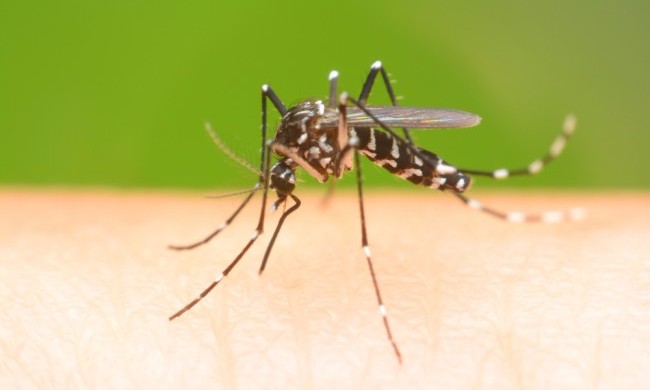
U.S. Health and Human Services Secretary Sylvia M. Burwell declared a public health emergency in Puerto Rico Friday in response to the Zika outbreak. “As a consequence of the outbreak of Zika virus and its potential effect on pregnant women and children born to pregnant women with Zika,” Secretary Burwell wrote, “a public health emergency of national significance exists within the Commonwealth of Puerto Rico relating to pregnant women and children born to pregnant women with Zika.” 1,914 new cases of the Zika virus were reported in Puerto Rico last week. As of August 12, there were 10,690 confirmed cases of Zika on the island, a number that includes 1,035 pregnant women.
The public health emergency declaration may be used by Puerto Rican authorities to apply for funding from the U.S. to hire and train unemployed workers to assist in vector control and outreach and education efforts. It can also be used to request temporary reassignment of local public health department personnel to assist in the Zika response. Though most of the United States’ reported cases of Zika are in Puerto Rico, the Centers for Disease Control and Prevention has also issued a travel warning asking people — especially pregnant woman — not to travel to northern Miami.
The Zika virus is known to cause microcephaly and other severe fetal brain defects, as well as miscarriage and stillbirth. On Thursday, the Obama administration announced it would be diverting $81 million from research and healthcare programs to find a Zika vaccine after a deadlocked Congress refused to approve new funding.
According to a new report from the Los Angeles Times, Brazil has successfully defeated the Zika virus before. In the 1950s, though the operation was “dictatorial and highly intrusive… with fumigators sometimes entering houses by force,” the Brazilian government was able to rid their country of Zika — at least for a time. Authorities used the pesticide DDT to fight Zika then, which we now know is toxic to humans and wildlife. According to experts interviewed for the report, Brazil has an “even lower” chance of beating the species of mosquito that carries the Zika virus today.
(Via U.S. Department of Health & Human Services, The Daily Beast, New York Times, & Los Angeles Times)
